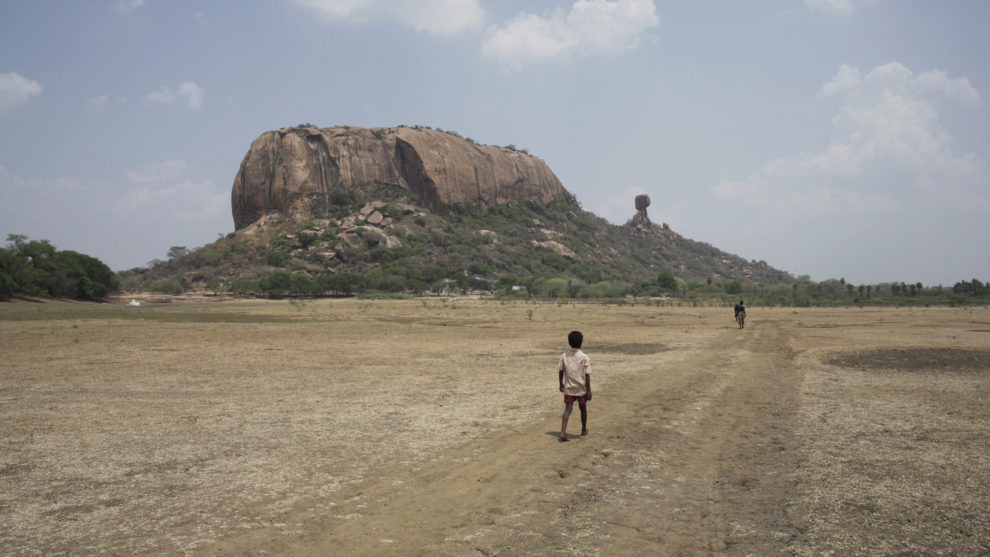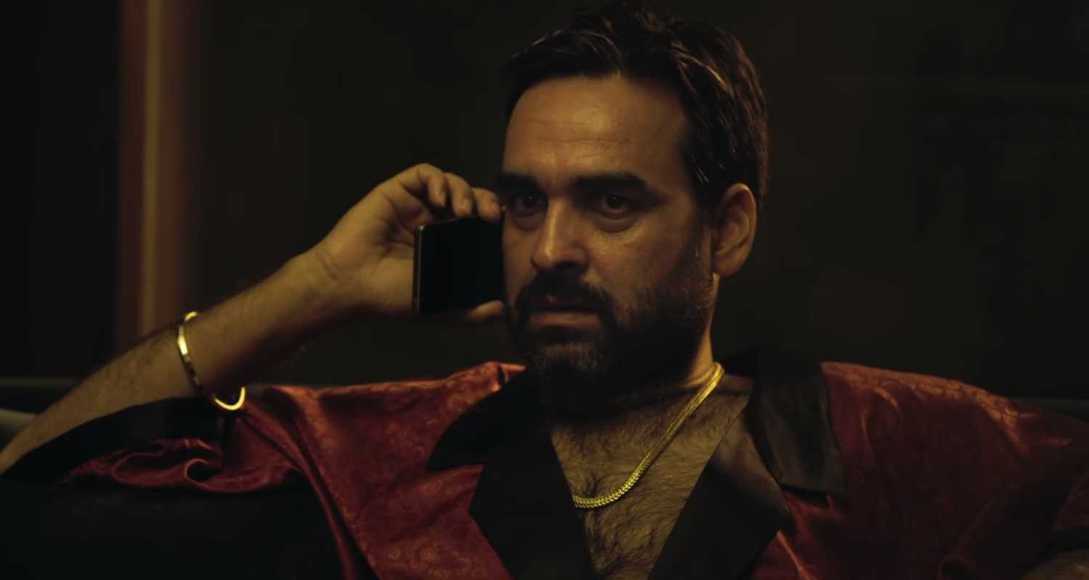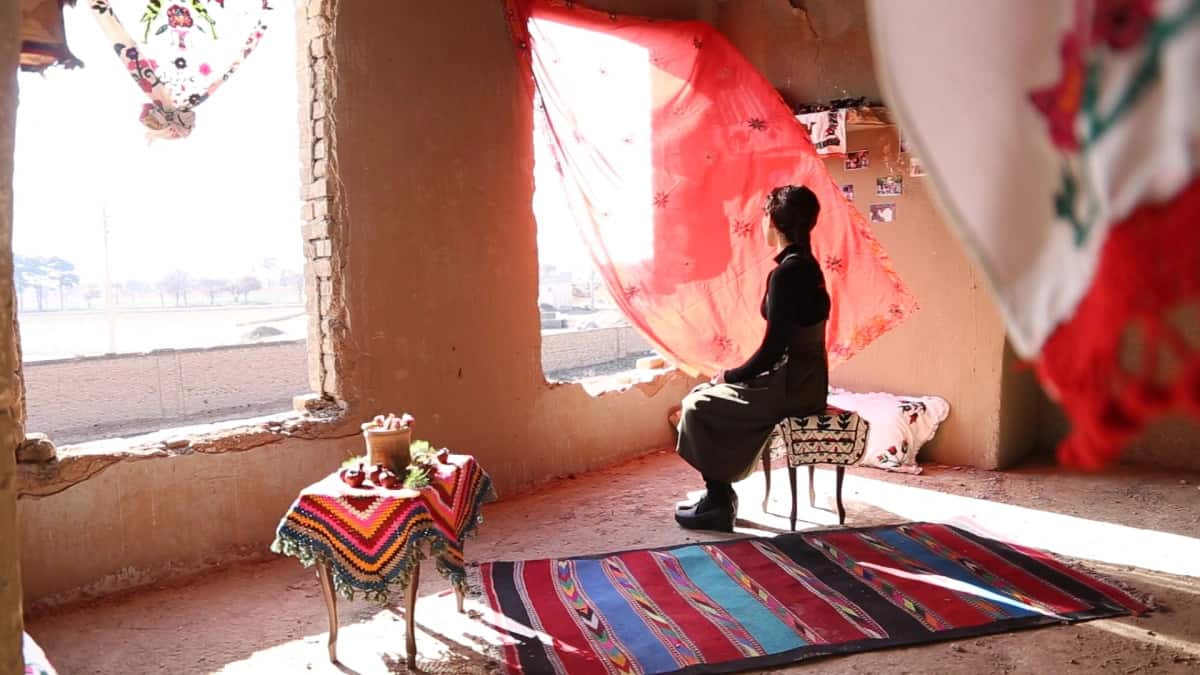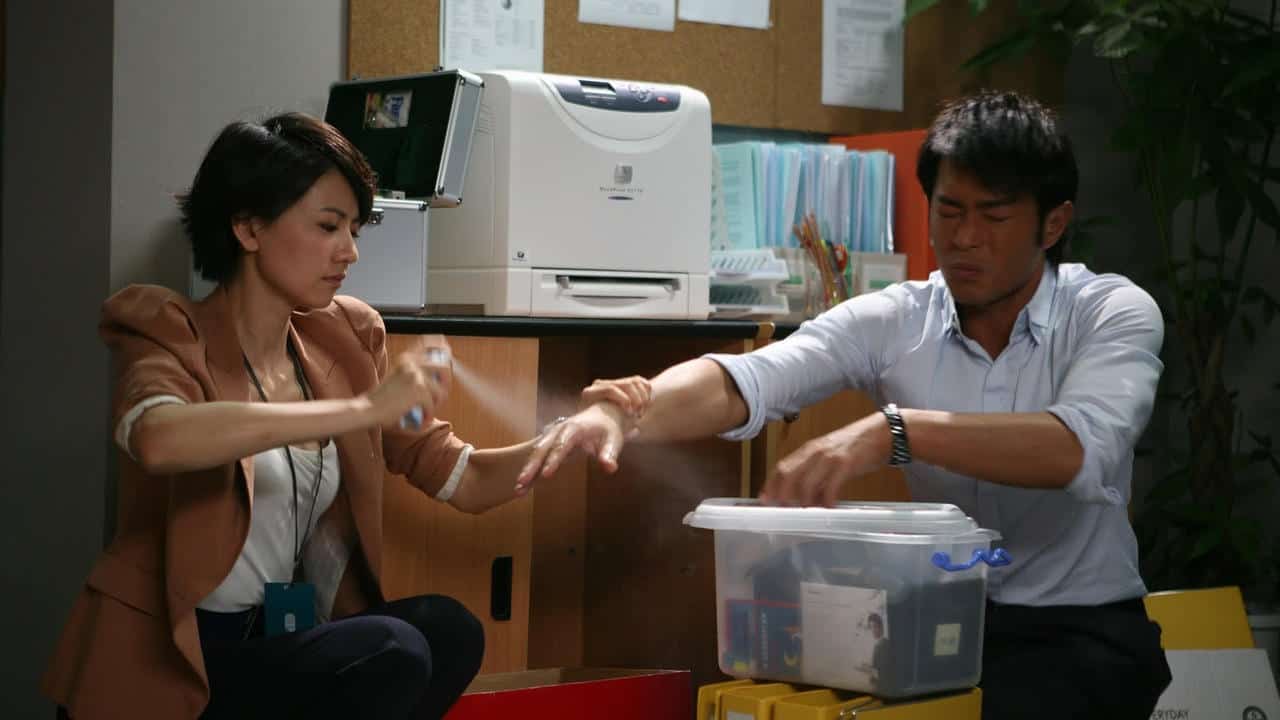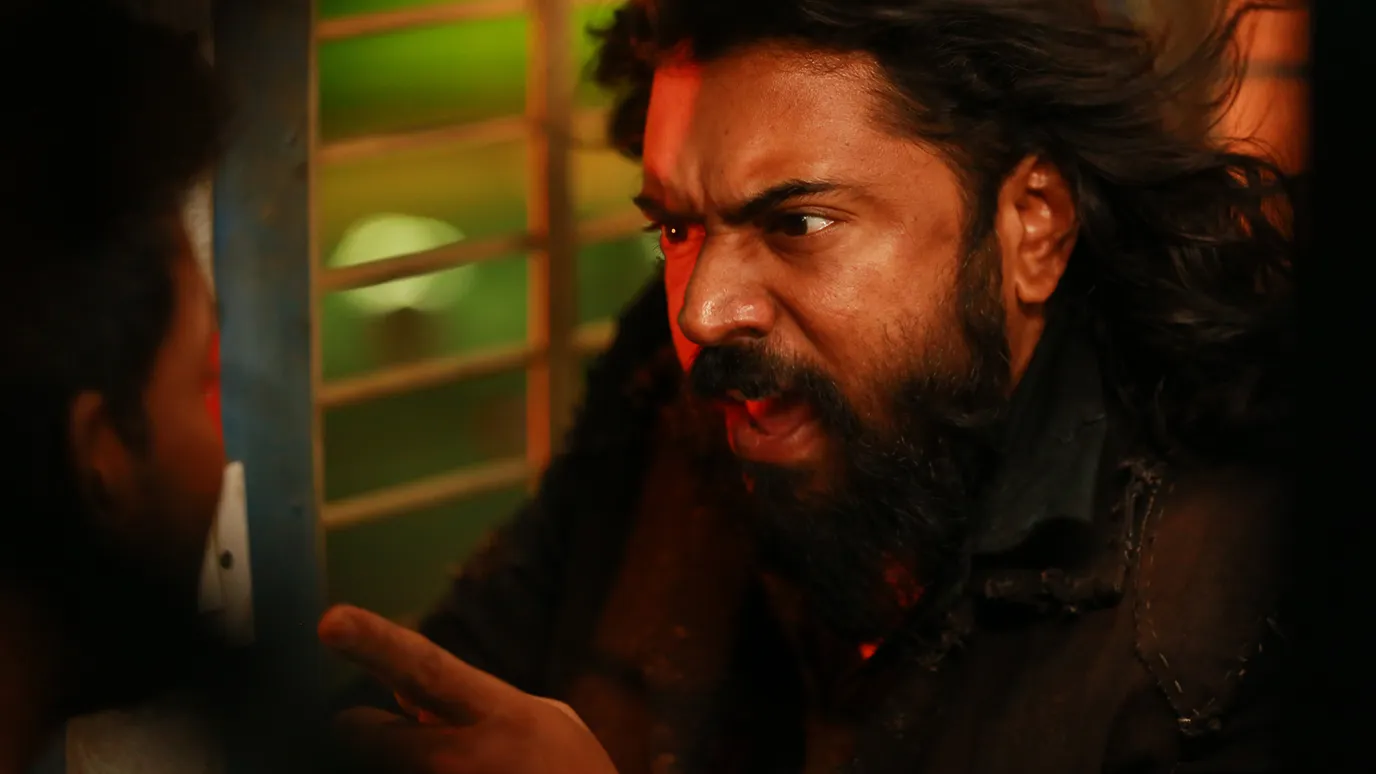Cinema from India has been and continues to be well represented at the Rotterdam International Film Festival. At the just-concluded online edition of the festival, a mix of drama, comedy and character study set in a poor counterpart of southern India even won the top prize, the Tiger Award. “Pebbles” by P. S. Vinothraj more than deserved the honor.
Pebbles is screening at International Film Festival Rotterdam

If one had to sum up the film with a single word, it would be “rage.” With a firm step, a man walks through a few simple houses, looks around and doesn't say a word when someone asks him who or what he is looking for. One of the boys, sitting on the ground with the other pupils, suddenly stands up. His father's look already says it all and he follows him, somewhat listlessly, but still submissively.
At the dusty road, father and son wait for the bus. During the ride, the father gets into a loud and physical argument with another passenger. This is already a small foretaste of a much bigger tantrum the father will have shortly after. Arriving at the destination of their journey, he gets into a fight with his brother-in-law and also almost with his mother-in-law, because he demands that they fetch his wife. He had sent the boy's mother away the day before, also in a quarrel. Now she is to return immediately, otherwise, he guarantees, there would be deaths that day.
This choleric and somewhat malicious man is a powder keg. Whether it's the heat or alcohol abuse, as his mother-in-law accuses him of, we don't really know. In itself, the viewer learns very little about the circumstances that made him that angry. The object of his displeasure, his wife, is not even to be seen until the end. The film is not about condemning or pitying this man. We face a man that repels the viewer as much as he or she is fascinated by him.
Embedded in a breathtaking landscape, which definitely takes on a third leading role in the film, “Pebbles” brings the viewer closer to two extraordinary characters. The father is loud and boisterous, while the son is calm. The dialogues are reduced to a minimum, everything is shown in the facial expressions of the actors. While the father's actor, Karuththadalyaan, is a professional actor from the theatre, the director has cast the boy, as well as all the other supporting figures, with amateurs. The boy has a very expressive face and it is not surprising when the director explains that he comes from very poor circumstances, which even surpass those shown in the film.
Even if the setting is a village obviously marked by poverty, the film does not expose its inhabitants in any way. They retain their dignity and manage to convey a sense of lightness despite the harshness of their daily lives. The women are especially responsible for this: The wife of the brother-in-law interferes in the quarrel between the two men and is jealous of the attention paid to her sister-in-law. Two women from the village are overheard talking on the way to the market. When they catch sight of the father, they lower their voices and sneak past him. Lastly, a group of women appear at the end of the film, waiting at the village's only water source to fill their vessels. It is their somewhat resigned, yet concentrated attitude that the camera captures in its very last frame.
The camera is mostly a steady one, working on the principle of depicting a scene with one shot. The largely static image contrasts with the main character's state of mind, which is constantly agitated.
The director concludes his film with an image of tranquility. It is both a testament to his dry humor and a small but painful reminder of what crimes humans constant commit against nature. This balancing act between seriousness and humor succeeds brilliantly in “Pebbles.” It doesn't always require spoken dialogue, mostly the funny scenes arise from the father's dismissive gestures. The strength of the film lies in its ability to tell an emotionally moving story with reduced means on the one hand, and on the other hand to use a formally independent language.


